Japanese Premiere of 'Oppenheimer' Sparks Mixed Emotions


Send us your feedback to audioarticles@vaarta.com



Its opening premiere in Japan of the much-awaited film "Oppenheimer" sparked mixed emotions among the moviegoers, primarily after witnessing its content—a revisit to the historical context of the atomic bombings that rocked Hiroshima and Nagasaki over 80 years ago. Toshiyuki Mimaki, a survivor of the Hiroshima bombing, expressed his fascination with the story of J.
The film refers to Robert Oppenheimer, a central figure in the film, as "the father of the atomic bomb," reflecting on Japan's wartime actions. Comparing the result of Japan's attack on Pearl Harbor to the devastation brought about by nuclear weapons, Mimaki said he thought at one time that the attack on Pearl Harbor had terrible consequences.
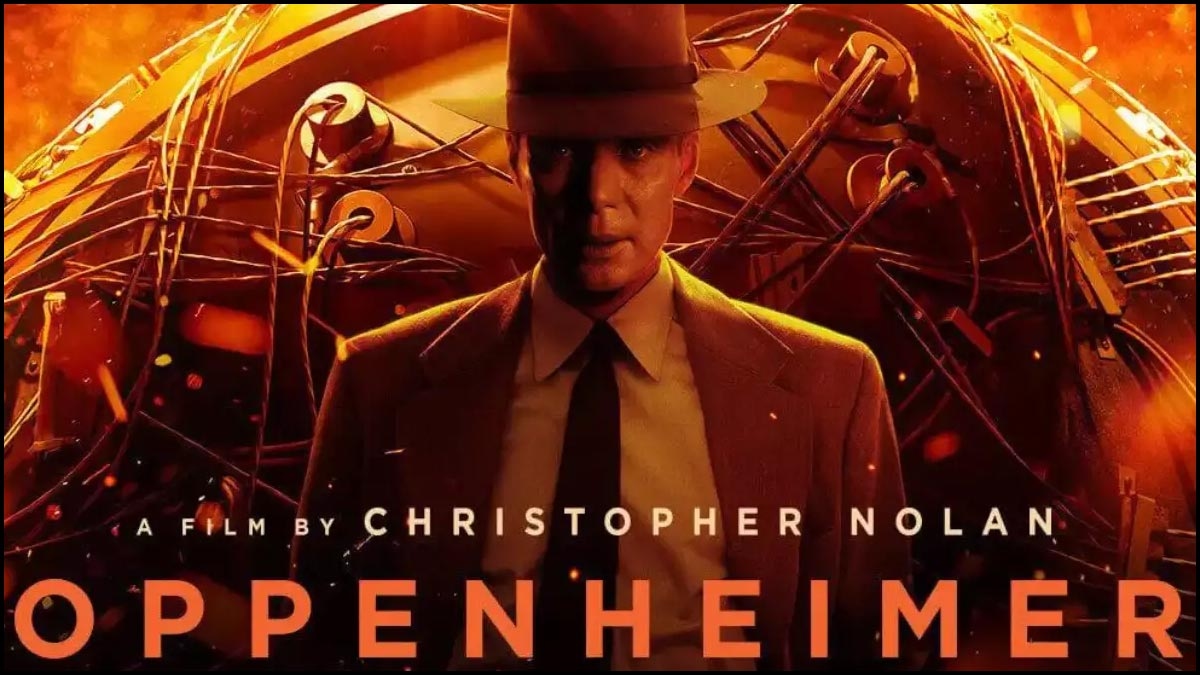
However, and against what Mimaki would have expected, the film does not actually convey the horrors of the Hiroshima bombing. Oppenheimer's personal conflicts and moral dilemmas appear to be the sole focus of the film.
The Japanese release of the film is now awaited with very guarded optimism after its premiere in the US. Takashi Hiraoka, the former Mayor of Hiroshima, expressed criticism, stating that the film failed to express the true horror of the nukes and called for a balanced approach.
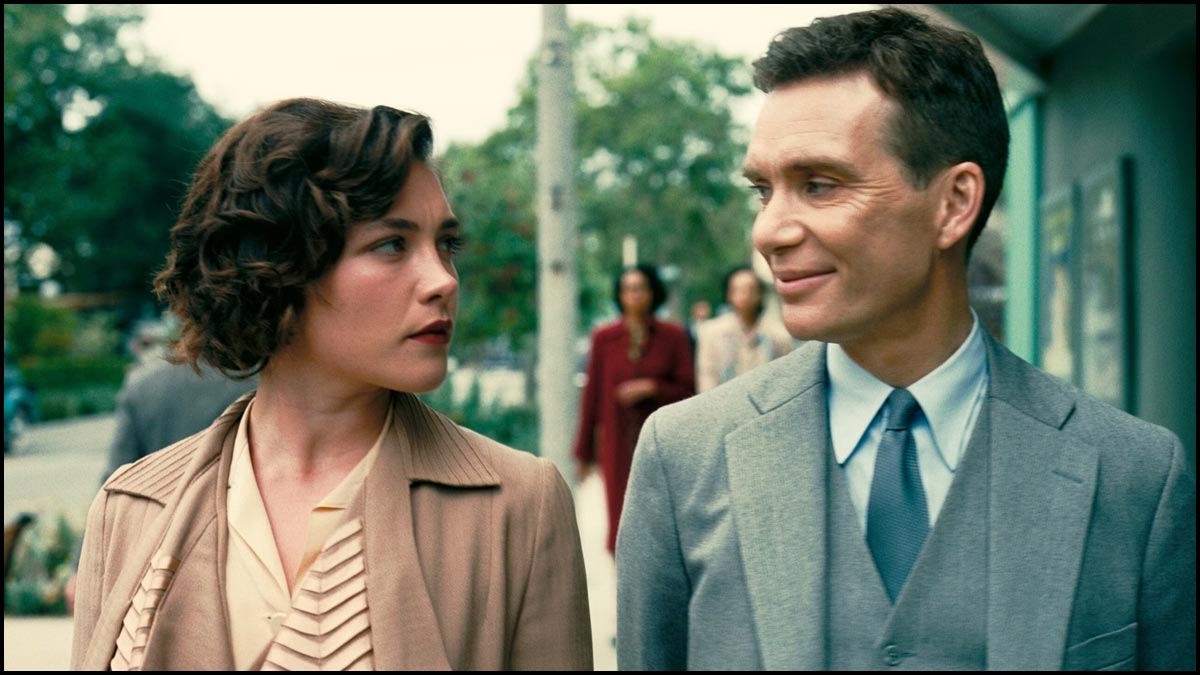
Some audiences praised the picture for providing that insight into Oppenheimer's inner torments, while others criticized that it be considered the fallout after the atomic bombings. With the controversies of historical accuracy and narrative interpretation, a dawning realization is emerging that much more sophisticated discussions have to happen regarding nuclear weapons and war. Grappling with its wartime legacy and the global threat of nuclear war, "Oppenheimer" provides an impetus for confronting the moral dimensions of nuclear warfare.
Follow us on Google News and stay updated with the latest!
Comments
- logoutLogout

-

Bala Vignesh
Contact at support@indiaglitz.com




 Follow
Follow





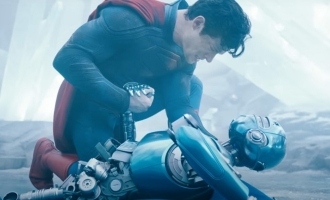
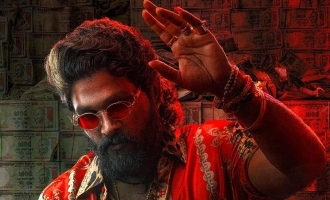








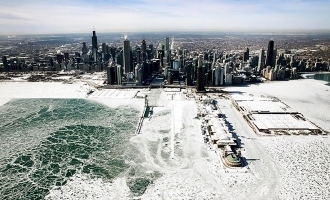

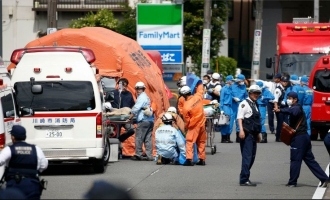












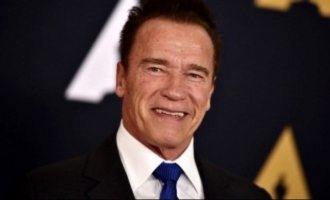
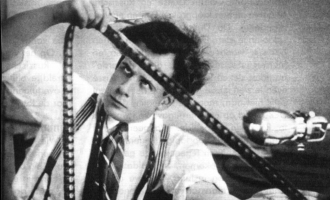









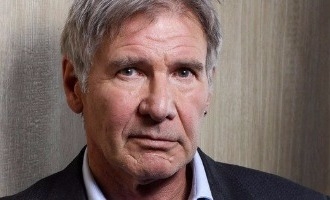

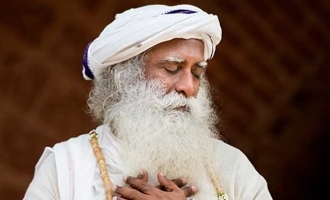
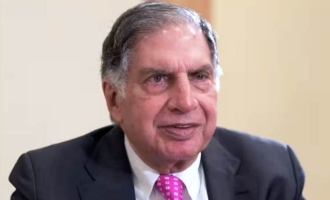


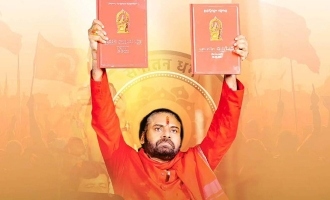
-a3e.jpg)
-3c4.jpg)
-e5c.jpg)
-e66.jpg)

-71b.jpg)








